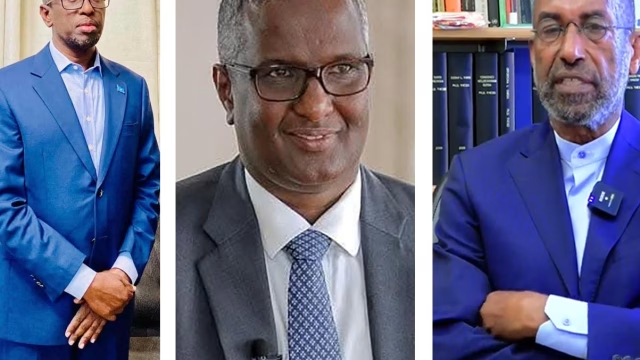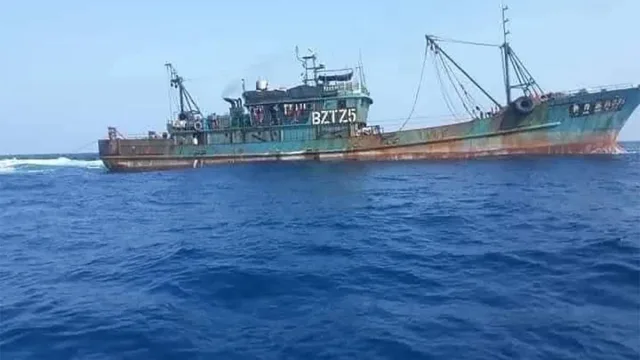Today, the Prime Minister of the Federal Government of Somalia, Abdiweli Sheikh Ahmed Mohamed, and European…
 Today, the Prime Minister of the Federal Government of Somalia, Abdiweli Sheikh Ahmed Mohamed, and European Commissioner for Development, Andris Piebalgs, signed the country’s first European Commission – Somalia National Indicative Programme (NIP) in the past 25 years following Somalia’s recent accession to the Cotonou Agreement .
Today, the Prime Minister of the Federal Government of Somalia, Abdiweli Sheikh Ahmed Mohamed, and European Commissioner for Development, Andris Piebalgs, signed the country’s first European Commission – Somalia National Indicative Programme (NIP) in the past 25 years following Somalia’s recent accession to the Cotonou Agreement .
Prime Minister Abdiweli underscored “Somalia is moving from the old Deal to the New Deal. It is not only the significant amount of predictable resources to New Deal priorities that will make a difference. It is the commitment of Commissioner Piebalgs to empower the Federal Government and support directly the core state functions through multi-partners funds that is a game changer. The EU can play a key role as a lever and catalyst for EU Member States to step up support to Somalia to deliver 2016”.
EU Special Envoy Michele Cervone d’Urso announced “This is more than a symbolic moment. The joint signature of the multi-annual indicative programme for Somalia is a response to the New Deal Compact signed in Brussels last year and allows to translate in concrete terms Somalia’s accession to the Cotonou Agreement. The EU commits for the coming years 286 million EUR ( 400 million USD) to rebuild a peaceful and prosperous Somalia”.
As agreed during the Brussels conference, Somalia’s National Indicative Programme (NIP) has been aligned to the New Deal Compact priorities and objectives, while the Somali Development and Reconstruction Facility (SDRF) mechanisms will be used to implement programmes wherever appropriate.
In 2014, the EU will commit 100 million EUR from the 11th European Development Fund (EDF) and from the Stability Instrument to support state and peace building, resilience and food security and education. Additional support will be provided through thematic instruments, the CSDP missions as well as for humanitarian needs by ECHO. The EU contribution to AMISOM alone amounts to 240 million EUR annually. (END).
Background
The Cotonou Agreement is the most comprehensive partnership agreement between developing countries and the EU. Since 2000, it has been the framework for the EU’s relations with 79 countries from Africa, the Caribbean and the Pacific (ACP). In March 2010, the European Commission and the African Caribbean Pacific group have concluded the second revision of the Cotonou Partnership Agreement following a first revision in 2001. ACP-EU cooperation has been adapted to new challenges, such as climate change, food security, regional integration, State fragility and aid effectiveness.
For each ACP country, taking part in the Cotonou Agreement, there is a National Indicative Programme (NIP), a work programme covering several years (2014-2020) and defining measurable objectives, the target groups, the programmes for achieving those objectives, the contribution to be made by the donor, the nature and scope of the support mechanisms, the results expected and an implementation timetable. For Somalia it is aligned and responsive to the New Deal COMPACT.
–END–


